Introduce your upper years students to the concept of consent, the steps of seeking, giving, or denying consent, and how to communicate in familiar scenarios.
Consent and Boundaries: Learning to Communicate to Stay Safe and Healthy
Conversations about consent and boundaries aim to support the development of students’ social and emotional skills. These include communication, self-awareness, and self-advocacy, which are important for building positive relationships with others.
The 26-slide presentation:
- explores the steps of seeking, giving or denying consent,
- takes students through a number of real-life scenarios, and
- encourages students to theorise how to communicate their intentions effectively at each step.
The resource also includes strategies for interpreting verbal and non-verbal cues related to seeking, giving, and denying consent in a range of age-appropriate situations. Students are able to demonstrate their understanding at checkpoints throughout the presentation.
Through this activity, students will learn, practise, and refine assertive communication techniques that can be used in a range of situations where they may be asked to do something they don’t believe is appropriate and/or safe.
How to Use This Consent and Boundaries Teaching Presentation in Your Classroom
Present the slides to the class at whichever pace you feel is appropriate. Make sure your slides remain in “slideshow” mode throughout the entire presentation. The check for understanding slides will have the answers revealed upon a mouse click.
Tips for Differentiation + Scaffolding
A team of dedicated, experienced educators created this resource to support your social and emotional learning lessons in Health.
If you have a mixture of above and below-level learners and ELL/ESL students, we have a few suggestions for keeping students on track with these concepts:
🆘 Support Struggling Students
For extra support, supply students with handouts of the slides ahead of time or deliver the digital copy to their device to peruse in advance, giving them a head start on the new content and opportunities to clarify before the whole class presentation.
➕ Challenge Fast Finishers
Have students who display a competent understanding of these sample scenarios role-play them, and create one of their own.
🧑🏫 Group Learning
Project the slides onto a screen and work through them as a class by having students record their answers in their notebooks or mini whiteboards.
Easily Prepare This Consent and Boundaries Resource
Use the dropdown icon on the Download button to choose between the PowerPoint, Google Slides, or PDF versions of this resource.
Alternatively, print slides to use them for your:
- Literacy rotations
- Lesson warm-ups
- End of the day wrap-ups
- Fast finisher activities
- Homework assignments
This resource was created by Amy Adam, a teacher from Queensland and Teach Starter Collaborator.
Don’t stop there! We’ve got more activities to shorten your lesson planning time:
[resource:154110] [resource:4956346] [resource:912706]
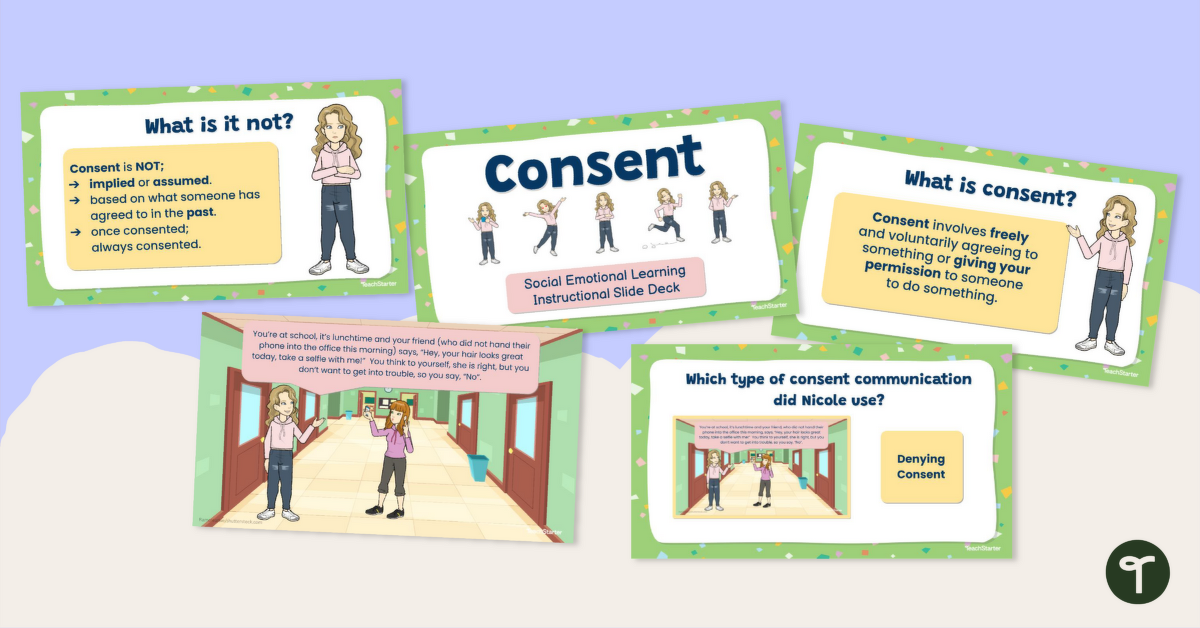

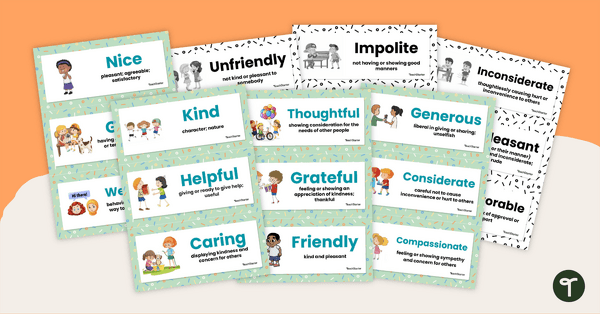
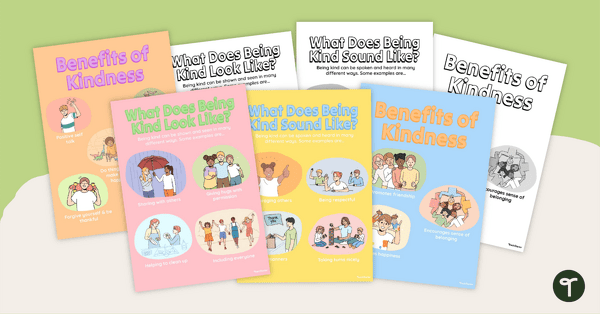
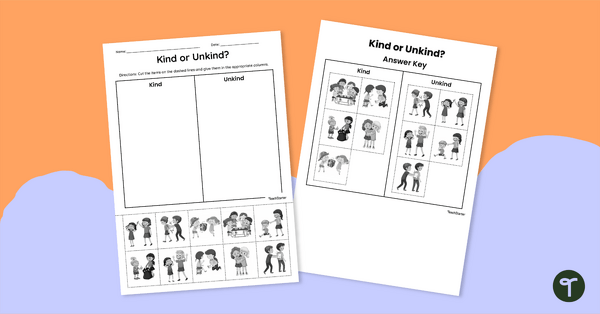
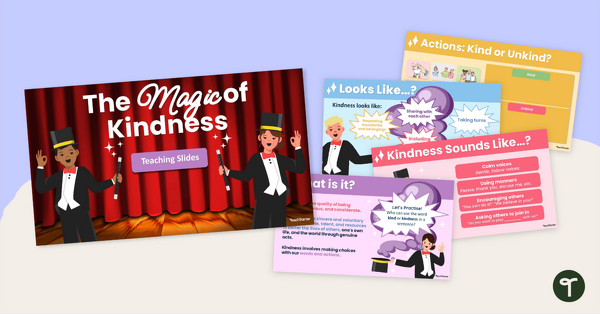
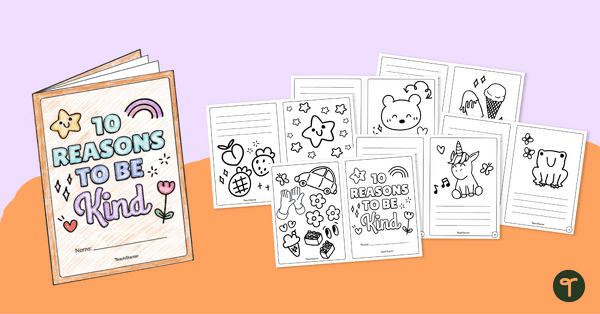
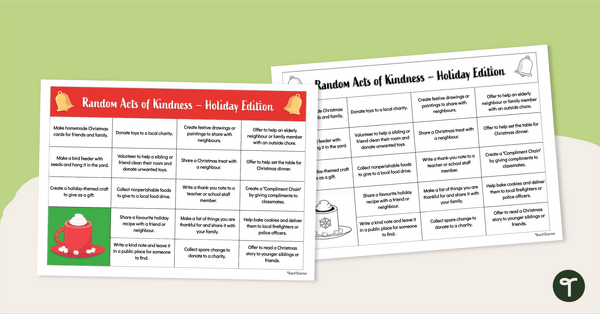
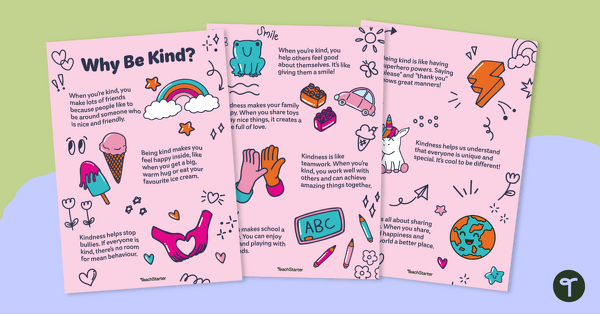
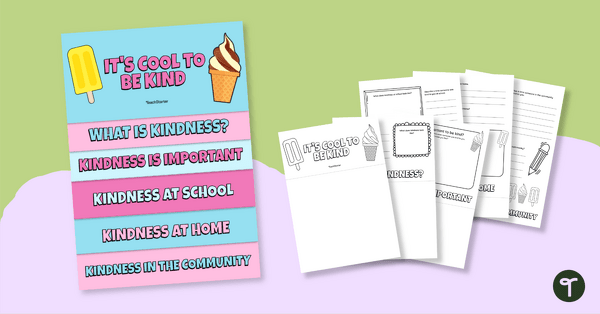
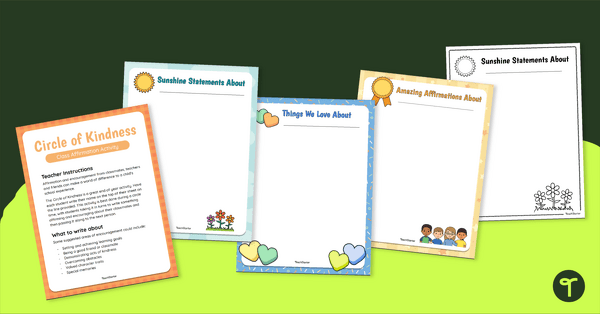
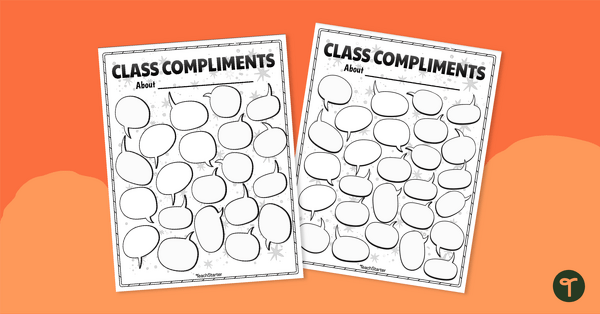
0 Comments
Write a review to help other teachers and parents like yourself. If you'd like to request a change to this resource, or report an error, select the corresponding tab above.